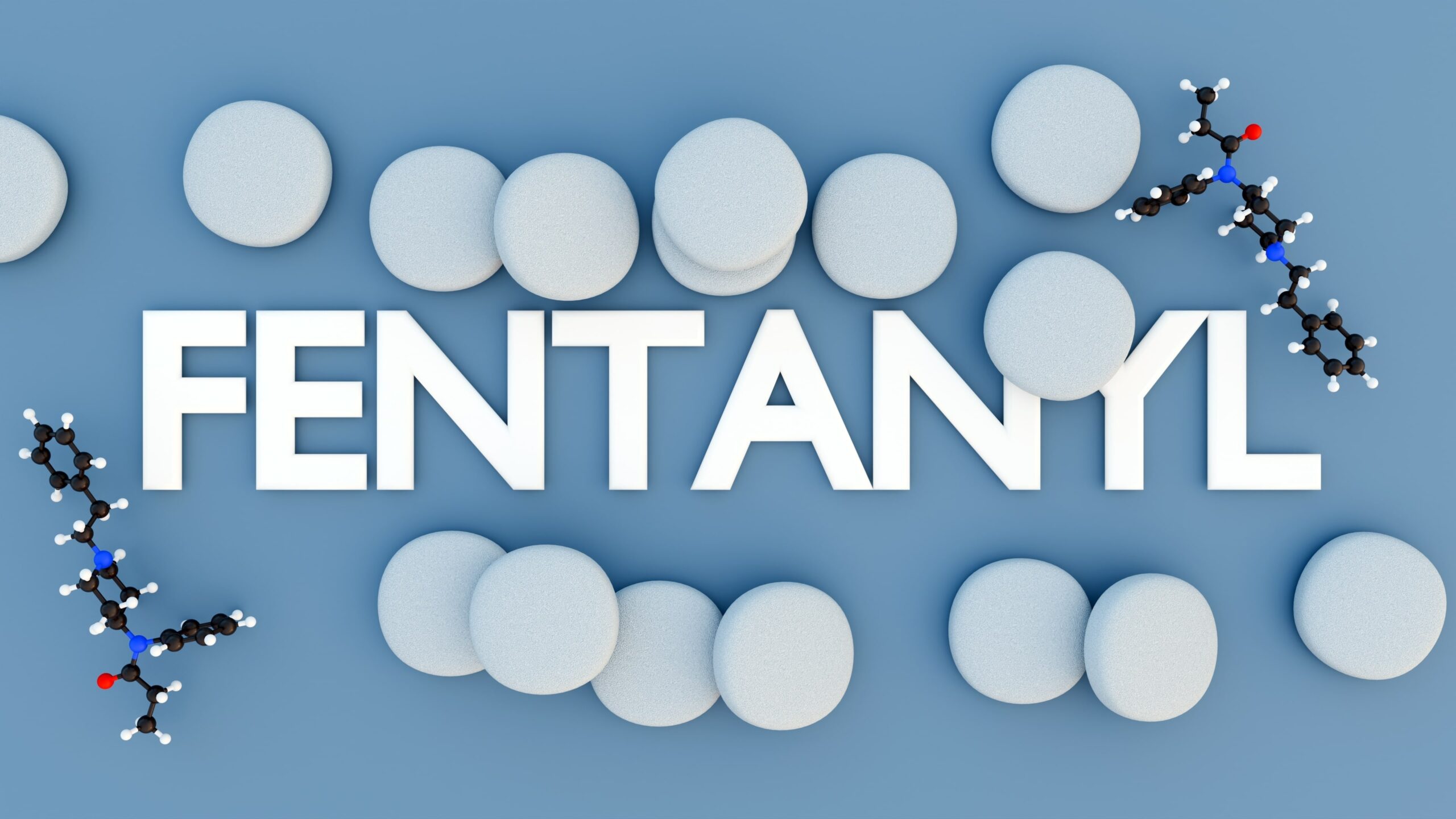Juvenile Criminal Mischief
Young teens and children often can find themselves in sticky situations for the sake of fun. Vandalism, arson, and other crimes can sometimes be simple juvenile games that have escalated out of control. Most minor property crimes are not malicious. However, they can cause significant legal consequences.
Minors who have been convicted of criminal mischief may have to face lofty fines, probation period, community service, and even incarceration in juvenile hall. One immature mistake can follow you and your family for a long period of time. If you or your child has committed criminal mischief, it is recommended that you obtain legal representation.
Salt Lake City Attorney for Criminal Mischief in Utah
Criminal mischief is a common crime among juveniles and young adults. Sadly, these bouts of fun are not considered harmless under Utah law. To protect the safety of the general public, Utah has statutes set in place to penalize juveniles who commit criminal mischief.
If you or your child has been charged with criminal mischief, it is highly recommended that you contact a criminal defense attorney. It is important that you and your family take these charges seriously. The consequences can create high fees, multiple court appearances, and even possible juvenile hall detainment for your child.
Susanne Gustin at Susanne Gustin, Attorney at Law is an outstanding legal professional that put your rights first. She has nearly a quarter century of criminal defense experience and has handled numerous criminal mischief cases. Susanne Gustin, Attorney at Law has represented defendants in a number of high-profile cases with superior results. In addition to this, Susanne Gustin has been admitted into several esteemed law associations such as the American Inns of Court, and the Top 100 National Trial Lawyers of Utah. Susanne Gustin takes a compassionate approach to her clients, and is tough in the courtroom. Get the best of the best on your side. Contact Susanne Gustin, Attorney at Law today for an reputable criminal defense attorney
Susanne Gustin, Attorney at Law defends those accused of criminal mischief throughout the 3rd Judicial District Court of Utah including surrounding cities including Salt Lake City, Farmington, West Valley City, Tooele, Ogden, Riverton, Provo, Midvale, and West Jordan.
Call 801-243-2814 or simply submit an online contact form to get in contact with Susanne Gustin about your case today.
Overview for Juvenile Criminal Mischief Cases in Utah
Common Examples of Criminal Mischief
Criminal mischief is an umbrella term that covers a variety of offenses. Both public destruction of a statute and “toilet-papering” a house can be considered criminal mischief. The following are some common examples of criminal mischief in Utah:
- Spray painting windows;
- Plugging up toilets or sink drains in a school;
- Slashing tires;
- Graffiti;
- Minor arson;
- Keying a side door;
- Tearing down fences;
- “Egging” a building or car;
- Pouring sugar into an engine; or
- Pulling out yard fixtures.
What is Criminal Mischief under Utah Law?
Criminal mischief, admittedly, is a broad category for offenses. It can vary from simple graffiti or vandalism to a more extreme offense such as arson. Normally, criminal mischief involves some kind of minor property damage. §76.6.106 states that any person is committing criminal mischief if the person:
- Intentionally and unlawfully tampers with the property of another and as a result:
- Recklessly endangers:
- Human life; or
- Human health or safety; or
- Recklessly causes or threatens a substantial interruption or impairment of any critical infrastructure
- Recklessly endangers:
- Under circumstances not amounting to arson, damages or destroys property with the intention of defrauding an insurer;
- Recklessly or willfully shoots or propels a missile or other object at or against a motor vehicle, bus, airplane, boat, locomotive, railway car, train, or caboose, whether moving or standing; or
- Intentionally defaces, damages, or destroys the property of another.
Utah Criminal Code § 76.6.106 defines a public “critical infrastructure” as any of the following:
- Financial and banking systems;
- Public health facilities and systems;
- Information and communication systems;
- Any public utility service, including the power, energy, and water supply systems;
- Any railroads, airlines, airports, airways, highways, bridges, waterways, fixed guideways, or other transportation system intended for the transportation of persons or property;
- Healthcare facilities as listed in § 26.21.2, and emergency fire, medical, and law enforcement response systems;
- Food distribution systems;
- Public health facilities and systems; and
- Other government operations and services.
What is the Punishment for Juvenile Criminal Mischief in Utah?
The juvenile justice system is handled differently than adult criminal court. When it comes to teens, courts and prosecutors tend to have a much broader range of options for consequences than an adult. Most criminal mischief consequences for juveniles are handled on a case-by-case basis.
The following are some possible legal consequences for a juvenile committing criminal mischief in Utah:
- Probation – In some cases, the court will order a juvenile to serve a probation term. A typical probation period lasts around 12 months or more. During this time, the juvenile is expected to perform certain tasks. For example, they will be obligated to stay in school, meet with social workers or counselors, and not commit any more offenses.
- Diversion – Prosecutors may agree to have a juvenile complete a related diversion program. A diversion program is similar to probation. However, once the diversion program has been completed the judge will then drop the charges. Normally, first-time offenders with minor property damage are eligible for diversion programs.
- Detention – If a criminal mischief crime results in serious property damage, bodily injury to another person, or subsequent offenses, the minor may be ordered to a detention center. The length of detention differs based on the situation. The judge may order the juvenile to stay full-time, weekends, or have enhanced supervision at home.
Not only are there consequences for the offender, there are also potential consequences for the parents. The Utah Judiciary and Judicial Administration do list out some damages that parents or legal guardians of the child will be held liable for:
- The parent or legal guardian having legal custody of the minor is liable for damages sustained to property not to exceed $2,000 when:
- The minor intentionally damages, destroys, defaces, or takes the property of another;
- The minor recklessly or willfully shoots or propels a missile, or other objects at or against a motor vehicle, bus, airplane, locomotive, boat, train, railway car, or caboose, whether moving or standing; or
- The minor intentionally and unlawfully tampers with the property of another and thereby recklessly endangers human life or recklessly causes or threatens a substantial interruption or impairment of any public utility service.
- The parent or legal guardian having legal custody of the minor is liable for damages to sustained to property not to exceed $5,000 when the minor commits an offense under the above section;
Take note, the court may make an order for restitution to be paid by the minor’s legal guardians if authorized under the criminal mischief section. In addition to this, any type of graffiti is also considered to be vandalism as defined under § 76.6.107.
Alongside possible costs, you or your child may be required to complete additional penalties for a juvenile criminal mischief offense. Each case differs based on the circumstances. After the court weighs in all the factors, they will determine the appropriate punishment.
Additional Resources
Utah Criminal Code §76.6.106 – Visit the website for Utah’s Legislature to read the statutes surrounding criminal mischief crimes. See the specifics for your criminal mischief charge, what the adjoining penalties are, and which statutes cover juvenile crimes.
Division of Juvenile Justice Services – Visit the official website for Utah’s Juvenile Justice System (JJS). JJS provides a continuum of intervention, rehabilitation, and supervision programs to youth offenders while assuring public safety. See how to qualify, additional resources, and the various programs the JJS offers.
Find a Salt Lake City Attorney for Criminal Mischief in Utah
Juveniles committing criminal mischief may sound like just simple disruptive “fun.” Unfortunately, this is not always the case. Criminal mischief can result in costing your family thousands of dollars and have you or your child complete several legal punishments. Any person who has committed juvenile criminal mischief, it is vital that you get legal representation.
Susanne Gustin at Susanne Gustin, Attorney at Law is a determined criminal defense attorney who prides herself on her excellent legal negotiation skills. She has appeared on several television programs from her high-profile cases and handled many criminal mischief cases.
Susanne Gustin, Attorney at Law represent minors charged with drug crimes throughout the greater Salt Lake County and Davis County area, and surrounding counties including Coalville in Summit County, Provo in Utah County, Farmington in Davis County, Salt Lake City in Salt Lake County, and Tooele in Tooele County.
Martindale-Hubbell recognizes lawyers for their strong legal ability and high ethical standards by their professional colleagues. Susanne Gustin has been given the highest AV rating by Martindale-Hubbell. Alongside this, she has been practicing criminal defense since 11998. If you are in need of legal representation, get in contact with someone who is experienced and compassionate. Contact Susanne Gustin at 801-243-2814 for a lawyer who puts your first.



